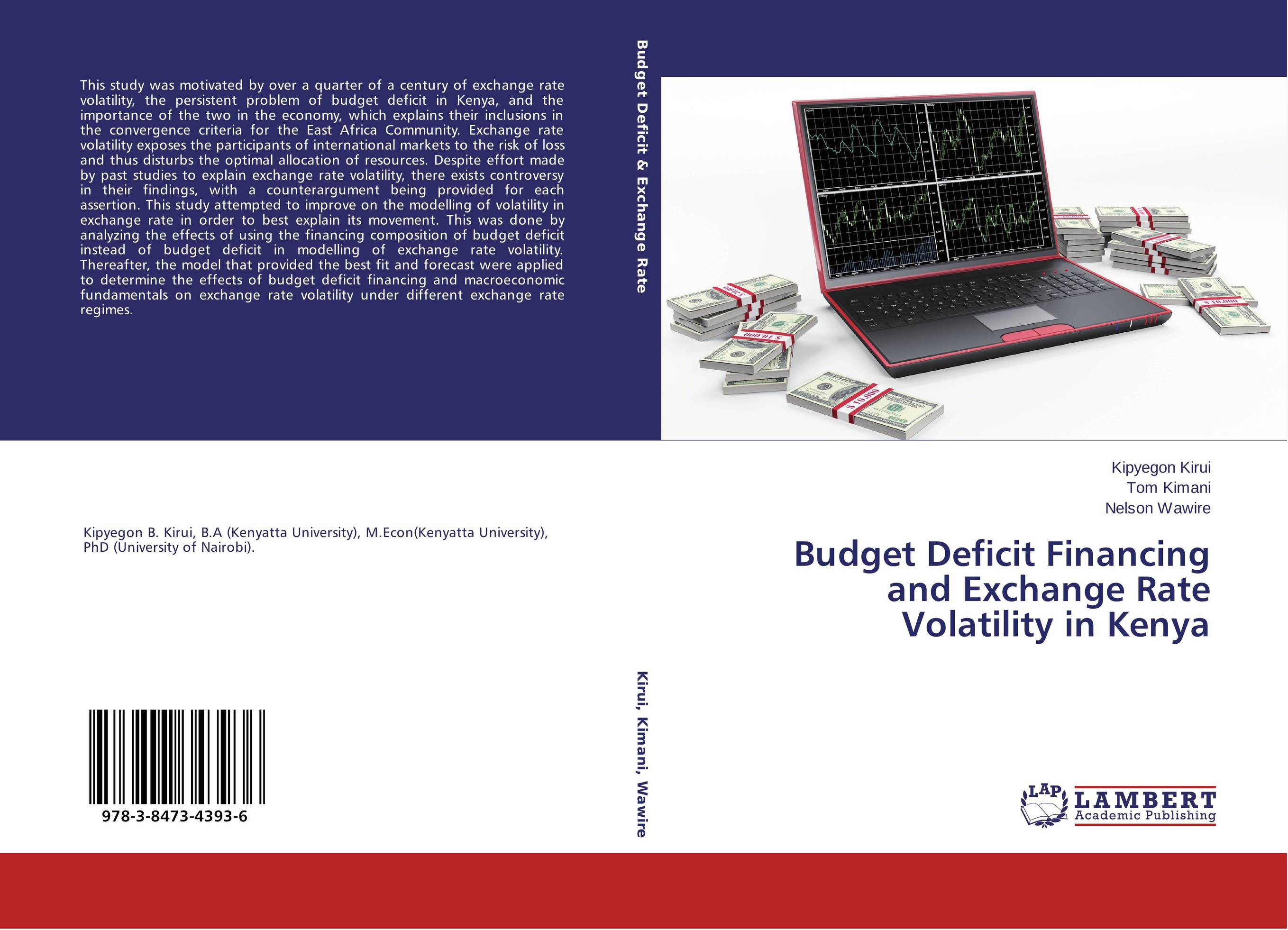| Поиск по каталогу |
|
(строгое соответствие)
|
- Профессиональная
- Научно-популярная
- Художественная
- Публицистика
- Детская
- Искусство
- Хобби, семья, дом
- Спорт
- Путеводители
- Блокноты, тетради, открытки
Budget Deficit Financing and Exchange Rate Volatility in Kenya.

В наличии
| Местонахождение: Алматы | Состояние экземпляра: новый |

Бумажная
версия
версия
Автор: Kipyegon Kirui,Tom Kimani and Nelson Wawire
ISBN: 9783847343936
Год издания: 2014
Формат книги: 60×90/16 (145×215 мм)
Количество страниц: 140
Издательство: LAP LAMBERT Academic Publishing
Цена: 39449 тг
Положить в корзину
| Способы доставки в город Алматы * комплектация (срок до отгрузки) не более 2 рабочих дней |
| Самовывоз из города Алматы (пункты самовывоза партнёра CDEK) |
| Курьерская доставка CDEK из города Москва |
| Доставка Почтой России из города Москва |
Аннотация: This study was motivated by over a quarter of a century of exchange rate volatility, the persistent problem of budget deficit in Kenya, and the importance of the two in the economy, which explains their inclusions in the convergence criteria for the East Africa Community. Exchange rate volatility exposes the participants of international markets to the risk of loss and thus disturbs the optimal allocation of resources. Despite effort made by past studies to explain exchange rate volatility, there exists controversy in their findings, with a counterargument being provided for each assertion. This study attempted to improve on the modelling of volatility in exchange rate in order to best explain its movement. This was done by analyzing the effects of using the financing composition of budget deficit instead of budget deficit in modelling of exchange rate volatility. Thereafter, the model that provided the best fit and forecast were applied to determine the effects of budget deficit financing and macroeconomic fundamentals on exchange rate volatility under different exchange rate regimes.
Ключевые слова: Kenya, Exchange Rate Volatility, Budget Deficit, Balassa-Samuelson effect, Purchasing Power Parity, exchange rate overshooting, Mundell-Fleming, flexible price, sticky price



